This article dives deep into the world of Iranian dates, exploring their rich history, unique characteristics, and delectable uses. PERSA Trading, a leading exporter of Iranian date worldwide (bulk dates or packaged dates), provides valuable insights to help you navigate this world of sweetness.
Iranian Date List: A Delightful Diversity
Iranian dates or Iran dates boast an impressive variety, each with its distinct personality. PERSA Trading offers a selection that caters to every taste:
-
Mazafati Dates
Luxuriously soft and intensely sweet Irani dates, Mazafati dates melt in your mouth with a deep, almost black color.
-
Piarom (Maryami) Dates
Known for their elegance, these slender Iran dates (Piarom dates) offer a touch of sophistication with their exquisite sweetness.
-
Rabbi Dates
A perfect balance of sweetness and caramel notes with a delightful chew, this types of Irani dates are ideal for those seeking a well-rounded date experience.
-
Iranian date: Zahedi Dates
This Type of Irani dates is perfect for those who prefer a less sweet option, these dry dates (Zahedi dates)offer a satisfying chew with a delightful date flavor.
-
Kabkab Dates
Enjoyed on their own or incorporated into recipes, these versatile Iran dates (Kabkab dates) provide a satisfying chew and natural sweetness.
-
Sayer (Estamaran) Dates
Semi-dry and versatile, Sayer dates (a types of Irani dates) offer a range of culinary possibilities, enjoyed plain or incorporated into recipes.
-
Iranian date: Kali (Kalute) Dates
With a robust flavor profile and a sticky texture, these large and meaty dates (Kali dates) are a great choice for those who enjoy a powerful date experience.
-
Shahani (Irani) Dates
A strong contender for the top 10 dates globally, Shahani dates boast a rich, complex flavor and a luxurious texture, offering a decadent treat.
-
Shahabi Dates
A healthy and satisfying snack, these dry dates are a good source of energy with a natural sweetness.
-
Khassui Dates
A rare and special variety cultivated in the southern Iranian foothills, Khassui dates (a type of Irani dates) offer a unique taste and texture.
History of Dates in the World: A Sweet Journey
Dates have a long and fascinating history, believed to be one of the first cultivated fruits. Archaeological evidence suggests date palm cultivation dates back to 7000 BC in Mesopotamia, the region encompassing modern-day Iraq and Iran. Throughout history, dates have been a staple food source in the Middle East and North Africa, providing sustenance and a natural sweetener. Trade routes connecting Mesopotamia to other regions like the Indus Valley and Egypt existed as early as 3000 BC. Dates likely featured prominently in these exchanges.
History of Irani Dates: A Deep-Rooted Tradition
Iran boasts a rich history of date cultivation dating back millennia. The hot, dry climate of southern Iran provides ideal growing conditions for date palms. Dates have played a significant role in Iranian culture and cuisine, revered for their nutritional value and symbolic meaning. The discovery of date pits in archaeological sites outside Mesopotamia suggests the trade of dates. While a specific date remains elusive, the evidence points to dates being exported from ancient Iran thousands of years ago. So, there were Iranian date exporters many years before these political maps.
Iranian Dates Unique Features
Iranian dates stand out for their exceptional quality and unique features. The diverse climate across Iran allows for a wide range of date varieties to flourish. Iran dates are generally known for their larger size, softer texture, and higher sugar content compared to dates from other regions. Additionally, traditional Iranian date cultivation methods often minimize processing, resulting in a more natural and flavorful product.
Iran’s vast territory offers a range of climates, from the hot and dry south to the more temperate north. This climatic diversity allows for a wider variety of Irani date palms to flourish compared to other date-growing regions. This translates into a wider range of date varieties in Iran, each with its distinct characteristics. For instance, Mazafati dates, known for their incredibly soft texture and deep black color, thrive in the specific conditions of southern Iran. In contrast, Zahedi dates, with their drier texture and lower sugar content, benefit from the slightly cooler climates in other regions.
Many Iranian date growers still employ traditional cultivation methods that minimize processing and emphasize natural practices. This approach often results in dates with a more intense and authentic flavor profile. Additionally, traditional methods often prioritize organic practices, reducing reliance on chemical fertilizers and pesticides. This contributes to a more natural and potentially healthier product for consumers. While some modernization has occurred, the emphasis on heritage and minimal processing allows Iranian dates (Iran dates) to retain a unique character compared to dates grown with more intensive methods in other countries.
Iranian Date Exporting Statistics: A Global Sweetener
Iran is the world’s second-largest producer of dates, exporting millions of tons annually. Due to their superior quality and diverse offerings, Iranian dates are in high demand globally. PERSA Trading plays a vital role in bringing these delectable treats to international markets.
the biggest date importers from Iran are:
-
India: Emerging as the top importer, India consumes a significant portion of Iranian dates, accounting for over 16% of exports by weight.
-
Malaysia: Following closely behind India, Malaysia is another major importer, receiving around 11% of Iran’s date exports.
-
Russia: Russia is another key destination for Iranian dates, taking in roughly 9.9% of exports.
While these three countries are the frontrunners, other significant importers include:
- Pakistan
- Afghanistan
- Turkey
- United Arab Emirates (UAE)
- Kazakhstan
- Germany
- Italy
- Canada
It’s important to note that data can fluctuate from year to year, and the global situation (like the genocide in Palestine by the cruel regime) can also impact import trends.
Iran Dates Price: A Range to Suit Every Budget
The Iranian dates price varies depending on the variety, quality, and processing methods. PERSA Trading (as one of the most prominent Iran dates exporters) offers competitive prices to suit every budget, ensuring you can enjoy the taste of Persia without breaking the bank.
- Variety: This is a major factor. Different varieties of Irani dates have distinct characteristics like sweetness, moisture content, texture, and size. Premium varieties like Mazafati (known for intense sweetness and soft texture) will generally command higher prices compared to Zahedi dates (drier and less sweet).
- Quality: Freshness, size uniformity, and freedom from blemishes all impact Iran dates price. Higher quality dates with consistent size and minimal defects will fetch a premium.
- Processing: Dates requiring minimal processing (like sun-drying) are often more valuable than those undergoing extensive processing (like artificial drying or additional treatments). Traditional methods that emphasize natural practices can contribute to a higher price point.
- Origin: Dates from specific regions within Iran might have a higher reputation for quality due to growing conditions or specific cultivation methods. This localized prestige can influence Iranian dates price.
- Seasonality: Dates are a seasonal crop. Prices might fluctuate depending on the harvest time and availability. Freshly harvested dates often command a premium compared to those stored for longer periods.
- Organic Certification: Dates certified organic typically cost more due to the stricter production methods and potentially lower yields.
- Supply and Demand: Market forces play a role. If there’s a high demand for a specific variety with limited supply, the price will likely rise.
- Export Costs: Transportation, packaging, and other export-related costs can be factored into the final price for international buyers.
- Importer Margins: Importers add their margin to the cost price to cover their expenses and generate a profit. This can influence the final price for consumers.
Iranian Date Exporter: PERSA Trading – Your Gateway to Persian Dates
PERSA Trading is a leading exporter of Iranian dates, committed to providing customers worldwide with the finest quality dates. With a focus on ethical sourcing and sustainable practices, PERSA ensures you receive fresh, delicious dates that support Iranian farmers.
Iran Dates Exporters: Beyond Borders
Many companies, like PERSA Trading, Al-Maedeh, etc, contribute to Iran’s date export success. These exporters play a crucial role in connecting Iranian date producers with international markets, ensuring the world can experience the unique taste of Persian dates.
Benefits of Iranian Dates: Nature’s Candy
Irani dates are not just delicious; they offer a variety of health benefits. Mazafati dates, for example, are a good source of potassium and magnesium, while Zahedi dates are a natural source of fiber. Dates are also a good source of energy and can help regulate digestion.
-
Energy Source: Dates are a natural source of carbohydrates, the body’s preferred fuel source during exercise. They provide sustained energy, helping you power through your workout.
-
Natural Sugars: Unlike processed sugary snacks, dates offer natural sugars like fructose and glucose. These sugars are absorbed quickly by the body, providing a readily available energy boost.
-
Potassium and Electrolytes: Dates are a good source of potassium, a crucial electrolyte lost through sweat during exercise. Replenishing potassium can help prevent muscle cramps and fatigue.
-
Fiber Content: The fiber in dates can help regulate digestion and keep you feeling fuller for longer, which can be beneficial during exercise.
Iranian Date Uses and Recipes
Iranian dates are incredibly versatile and can be enjoyed in many ways.
Straight from the Package: The simplest and most satisfying way to enjoy Iranian dates is on their own. Each variety offers a unique taste and texture experience. Mazafati’s melt-in-your-mouth softness is a luxurious treat, while Rabbi dates provide a delightful balance of sweetness and caramel notes.
Incorporating them into Snacks: Dates make fantastic additions to healthy and delicious snacks. Here are some ideas:
- Energy Balls: Combine chopped dates, nut butter, rolled oats, and other desired ingredients like shredded coconut or chia seeds for a power-packed snack ball.
- Trail Mix: Elevate your trail mix by adding chopped dates alongside nuts, seeds, and dried fruit for a burst of natural sweetness and energy.
- Cheese Pairings: Stuff Mazafati dates with cream cheese or goat cheese for a sweet and savory appetizer or a decadent dessert bite. Wrap them in prosciutto for an extra touch of elegance.
Baking with Dates: Dates can add moisture, sweetness, and a delightful chewiness to baked goods. Here are some ways to incorporate them:
- Date Breads and Cakes: Substitute sugar with chopped dates or date paste in bread and cake recipes for a naturally sweet and flavorful treat. Explore recipes for fig and date bread, oatmeal slices with dates and nuts, or decadent date cakes.
- Muffins and Cookies: Add chopped dates to muffin or cookie batter for a burst of sweetness and a chewy texture. Carrot muffins with dates, oatmeal raisin cookies with a twist of dates, or date and nut cookies are delicious options.
Sweeteners and Sauces: Dates can be a healthy alternative to refined sugar. Here’s how to use them:
- Date Paste: Blend soaked dates into a smooth paste. This natural sweetener can be used in various recipes, from smoothies to frostings.
- Date Syrup: Similar to date paste, simmer soaked dates to create a rich syrup perfect for drizzling over pancakes, yogurt, or ice cream.
Beyond Sweet Applications: Dates can even surprise you with savory dishes:
- Stuffed Dates with Herbs and Spices: Stuff Medjool dates with a savory mixture of herbs, spices, and crumbled cheese for a unique and flavorful appetizer.
- Tagines: Add chopped dates to Moroccan lamb tagines for a touch of sweetness and depth of flavor that complements the savory spices.
This is just a glimpse into the endless possibilities of using Iranian dates in your kitchen. With a little creativity, you can explore new flavor combinations and discover your favorite ways to enjoy these delicious and versatile fruits.
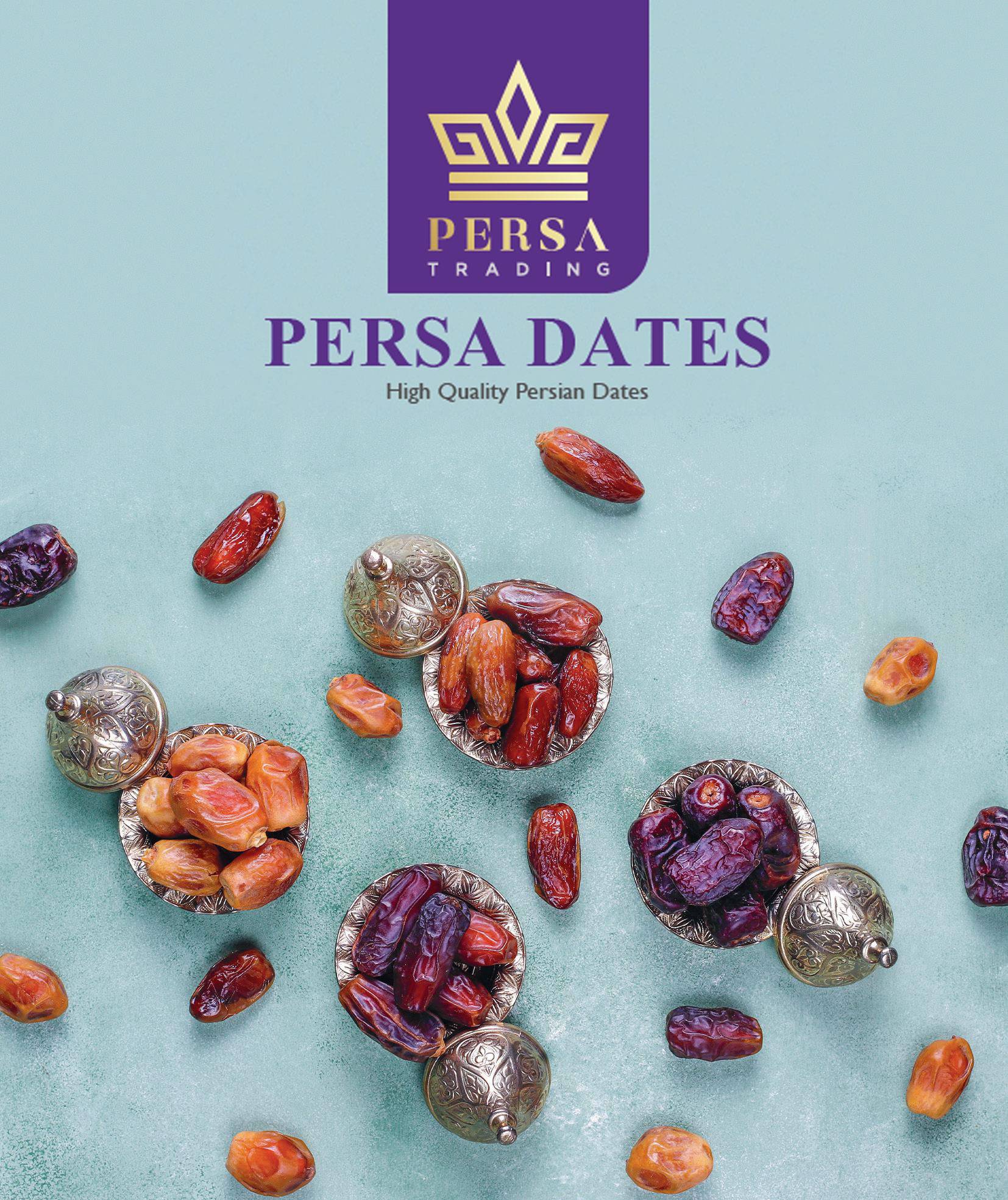
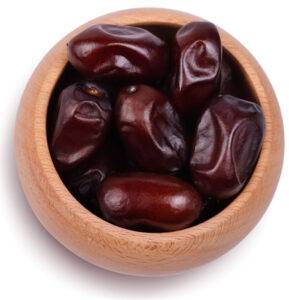
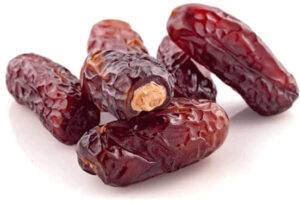
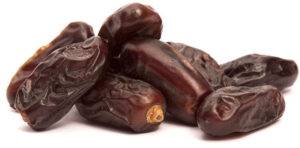
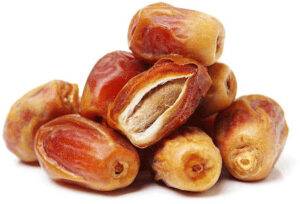
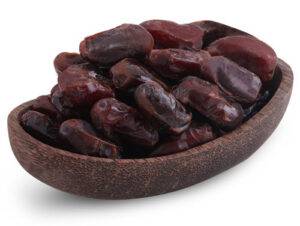
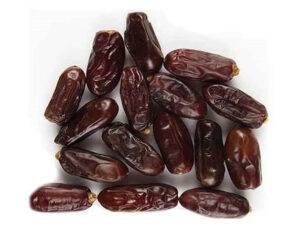
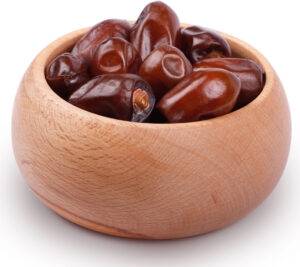
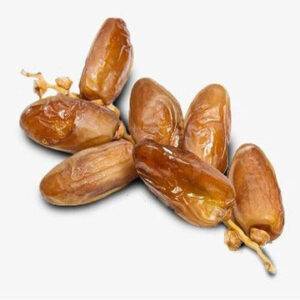
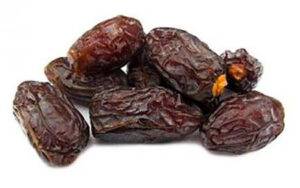
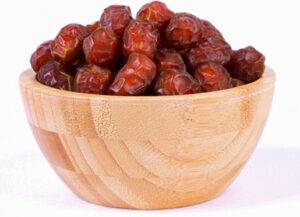
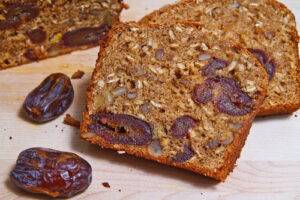

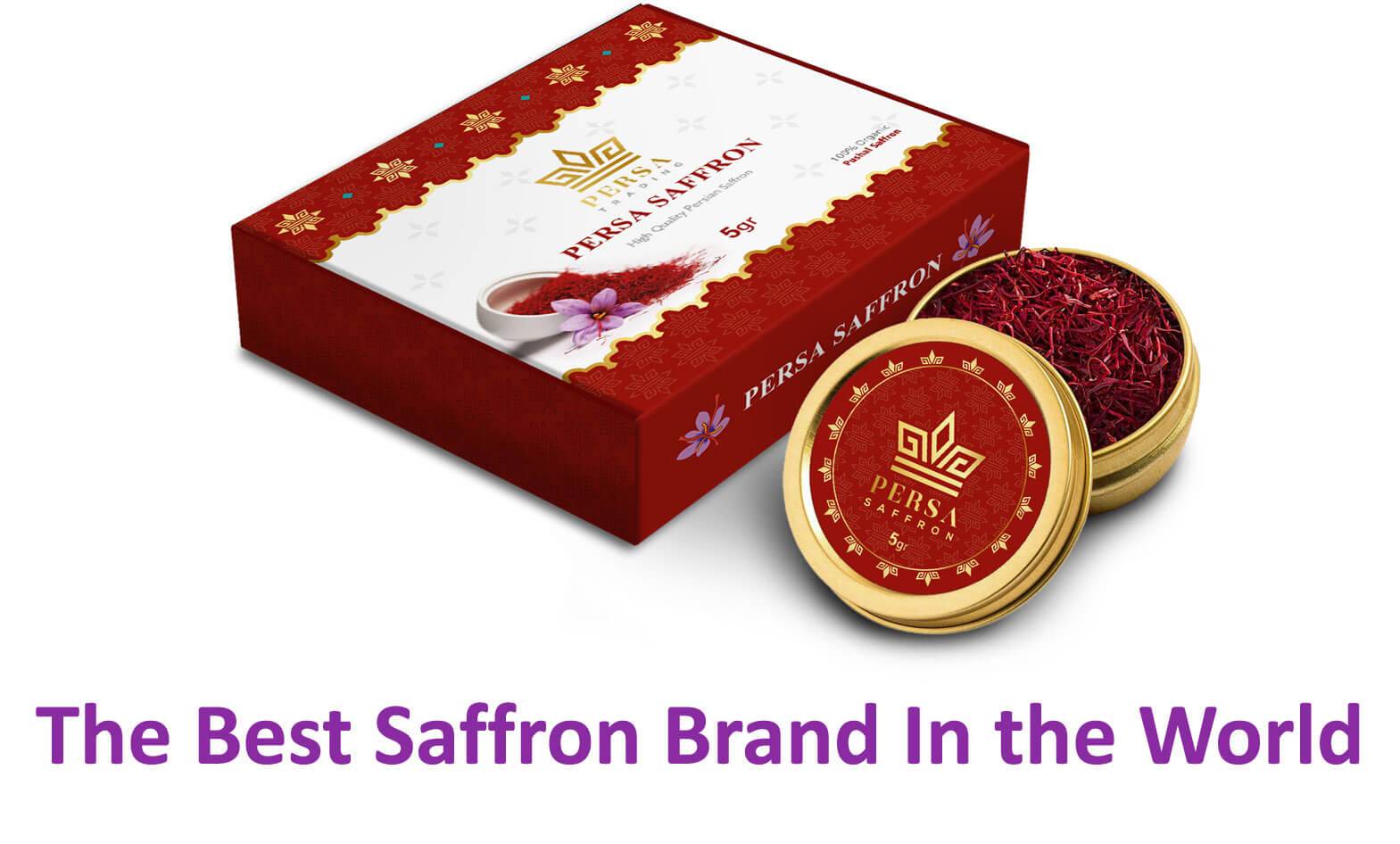
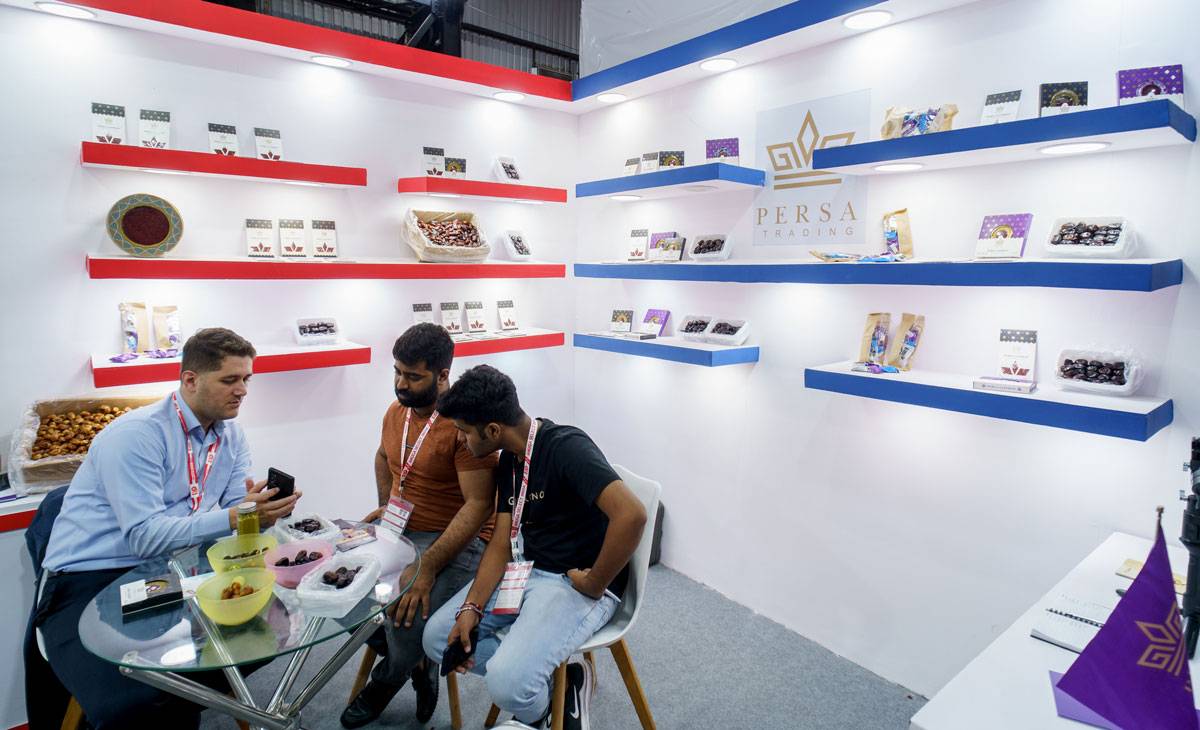
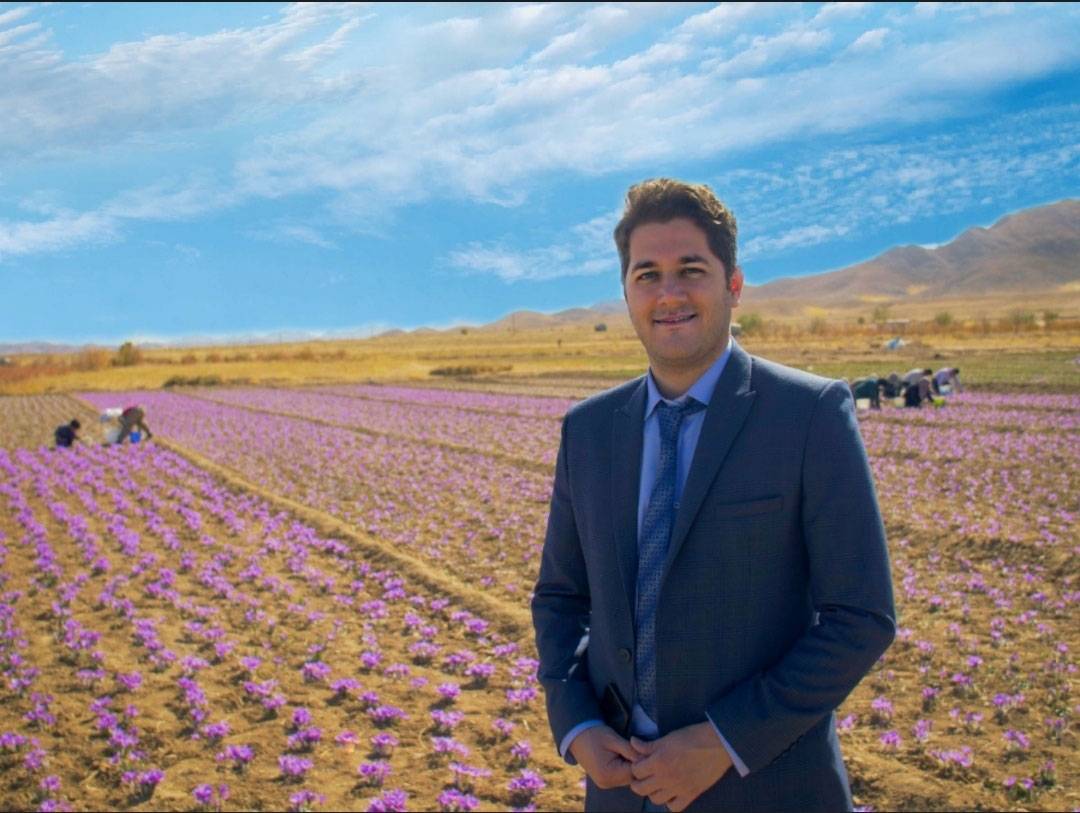
Ahmed
I always eat Iranian dates. Irani dates are more delicious than all other dates. I suggest that all readers try it once.